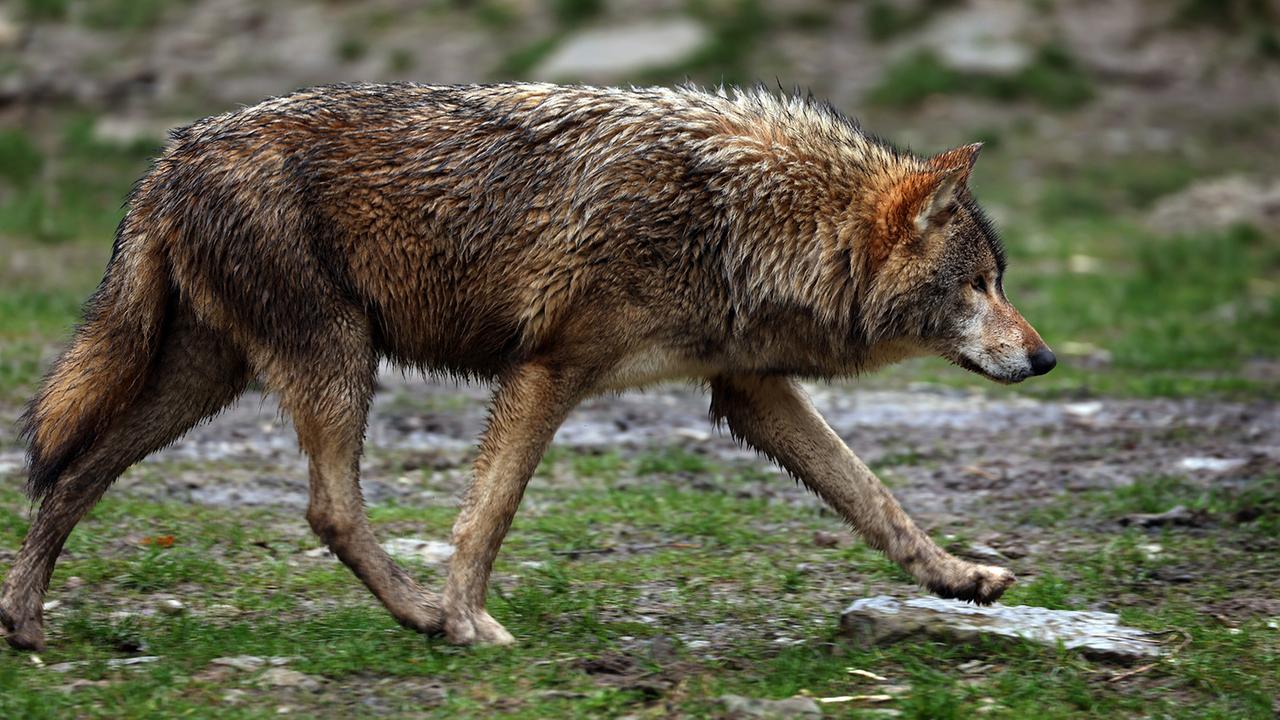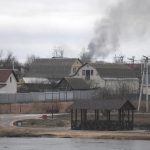Wolves are spreading across Europe; the animals now live in 23 EU countries. This particularly bothers farmers, as attacks on farm animals occur again and again. The EU Commission wants to protect wolves less in the future.
The European Commission wants to relax the strict protection rules for wolves. The Brussels authority said it was proposing to lower the wolf’s status from “strictly protected” to “protected”. This would allow the hunting of wolves to be authorized if it does not endanger the preservation of populations.
EU Commission President Ursula von der Leyen said the return of the wolf was good news for biodiversity in Europe. However, the density of wolf packs in some European regions has now become a real danger, particularly for livestock farming.
More wolves, more cunning farm animals
Von der Leyen cited an analysis published at the same time that shows that wolf populations have increased significantly in the last two decades and are occupying ever larger areas. According to this, there are now more than 20,000 wolves with mostly growing populations and expanding ranges as well as packs with pups in 23 Member States.
With the proposal to reduce the protection status for wolves, the EU Commission is particularly responding to the demands of livestock owners and farmers. These point to increasing problems. In Germany alone, the number of wolf attacks on farm animals rose to more than 1,000 cases last year, according to a report. More than 4,000 farm animals were killed or injured.
It is not yet known whether the federal government supports the initiative. At the beginning of the year, Environment Minister Steffi Lemke spoke out clearly against lowering the protection status for wolves and pointed out, among other things, that the shooting of individual conspicuous wolves is already possible under certain conditions.
Faster firing more problematic Wolves
Around three weeks ago, the federal and state environment ministers agreed that problematic wolves that have overcome protective fences and killed livestock can be killed in Germany much more quickly than before.
Accordingly, 21 days after a livestock tear, it should be possible to shoot a wolf that is within a kilometer of the tear site. The prerequisite for this is still a shooting permit, and it also involves “previously defined regions with an increased occurrence of cracks”. Unlike before, DNA analysis will no longer be necessary.
Criticism from BUND, Nabu and WWF
Environmental and nature conservation organizations such as BUND, NABU and WWF criticized the EU Commission’s move and called for herd protection to be improved. “All scientific studies show that the number of livestock deaths depends on the quality of herd protection and not on the number of wolves,” said BUND chairman Olaf Band.
In EU law, wolves have so far been particularly protected by the FFH Nature Directive. This directive is based on the provisions of the Berne Convention for the Conservation of Wild Flora and Fauna in Europe and therefore cannot be amended on the sole initiative of the EU. All 51 signatories to the convention, including Turkey and Belarus, must agree to the Commission’s proposal.
Helga Schmidt, ARD Brussels, tagesschau, December 20, 2023 6:40 p.m




